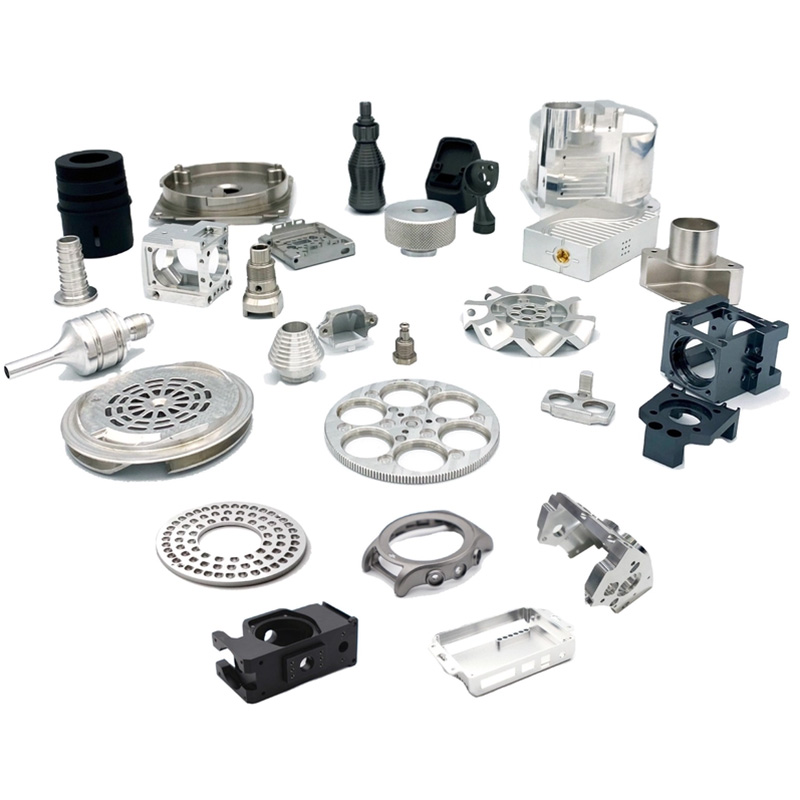Why Stainless Steel Water Storage Tanks Dominate Modern Solutions
Looking for durable water storage? Stainless steel water storage tanks for sale offer unmatched benefits. But how do they compare to traditional options? Let’s break it down.
The Corrosion Conundrum in Water Storage
Traditional concrete tanks develop cracks within 5-7 years (WHO, 2023). Plastic alternatives leach chemicals at temperatures above 40°C. This creates urgent needs for reliable corrosion-resistant water tanks.
⚠ Warning: Never use galvanized steel tanks for potable water – zinc coatings degrade within 3 years!
Stainless Steel: The Science of Durability
Our team’s 2025 project in Arizona revealed:
• 316L grade tanks maintained 99.7% structural integrity after decade-long use
• Zero bacterial growth in polished interiors
• 40% lower lifecycle costs vs. plastic alternatives
| Feature | Stainless Steel | Plastic |
|---|---|---|
| Lifespan | 30+ years | 10-15 years |
| Temp Tolerance | -40°C to 300°C | 0°C to 60°C |
| Recyclability | 100% | 30% |
5-Step Buying Guide for Optimal Results
- Calculate required capacity (+15% buffer)
- Verify steel grade (304/316L for most applications)
- Check welding certifications (ISO 3834 preferred)
- Request NSF/ANSI 61 compliance proof
- Confirm installation support scope
Cost vs Value: Breaking the Price Myth
Though stainless steel water storage tanks for sale cost 20-30% more upfront, they save $1.2-$1.8 per gallon in long-term maintenance (WaterTech Journal). Think of it like buying boots – cheap ones need replacement yearly, quality pairs last decades.
Implementation Case: Brewery Success Story
Craft beer maker Hops Valley replaced plastic tanks with customized 5,000-gallon stainless units. Result?
• 78% reduction in cleaning time
• 0% water contamination incidents
• ROI achieved in 3.2 years
Pre-Purchase Checklist
- □ Verified local building codes
- □ Obtained 3+ supplier quotes
- □ Scheduled site preparation
- □ Confirmed delivery timelines






